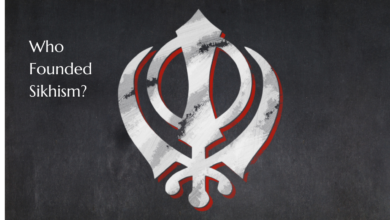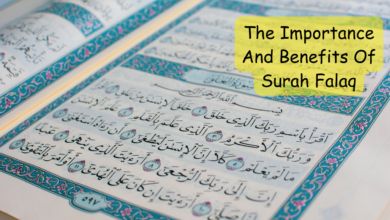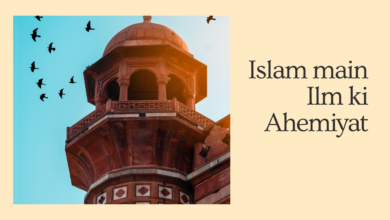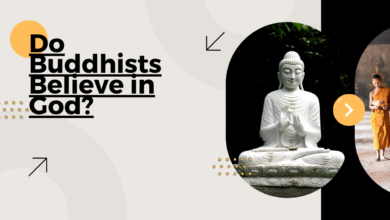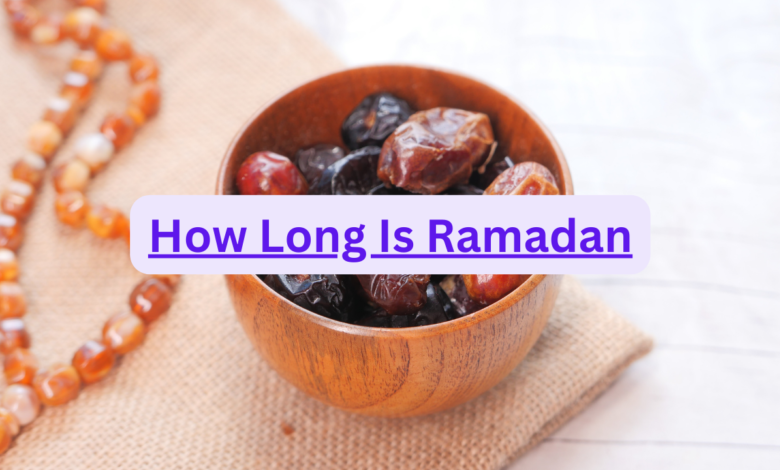
How Long Is Ramadan
Ramadan is the ninth month of the Islamic lunar calendar, observed by Muslims worldwide as a month of fasting, prayer, and spiritual reflection.
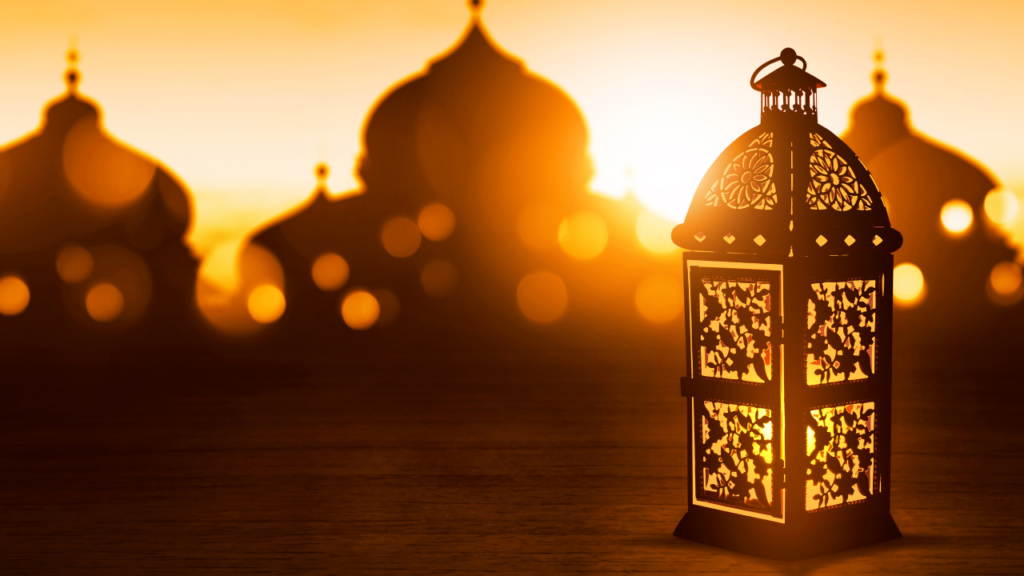
Introduction-How Long Is Ramadan
Ramadan, known as the ninth month of the Islamic lunar calendar, is a sacred and spiritually significant time for Muslims worldwide. It is a month of fasting, prayer, self-reflection, and devotion to Allah (God). But just how long is Ramadan, and what does it entail? In this article, we will explore the duration and significance of Ramadan, shedding light on its customs and practices.
The Lunar Calendar
To understand the length of Ramadan, one must first grasp the Islamic lunar calendar. Unlike the Gregorian calendar that follows a solar year, the Islamic calendar relies on the moon’s cycles. A lunar year consists of approximately 354 days, which is about 10 to 12 days shorter than a solar year. Consequently, Islamic months shift earlier each year in the Gregorian calendar.
Also check.
- Why is it haram to abuse in Islam?
- Why Do Muslims Celebrate Eid al-Adha?
- Which of his children did Prophet Muhammad love the most?
- What Is Islamism
The Duration of Ramadan
Ramadan lasts for 29 or 30 days, depending on the sighting of the moon. This variation is due to the lunar calendar’s shorter months. Muslims begin Ramadan with the sighting of the new moon, and the month concludes when the next new moon appears. Therefore, the precise length of Ramadan can vary from year to year.
The start of Ramadan is determined by the Hilal, the crescent moon, which signals the beginning of a new Islamic month. The Hilal must be sighted by reliable witnesses, often Islamic scholars or authorities, to confirm the start of Ramadan. Because of this, the beginning of Ramadan can differ from one region to another, as the moon may be sighted earlier in some areas than in others.
Fasting During Ramadan
The core practice of Ramadan is fasting, known as Sawm. Muslims who have reached puberty and are in good health are required to abstain from food, drink, and certain other physical needs from dawn (Fajr) until sunset (Maghrib) throughout the entire month. The fast is broken each evening with a meal called Iftar, often beginning with dates and water.
Fasting serves several important purposes in Islam. It is a means of self-discipline, purifying the soul, and drawing closer to Allah. It also fosters empathy for the less fortunate, as Muslims experience hunger and thirst firsthand. Moreover, it encourages Muslims to reflect on their spiritual journey and seek forgiveness for their sins.
The Last Ten Days and Laylat al-Qadr
The last ten days of Ramadan are considered particularly sacred and are a time for intensified devotion and prayer. It is believed that during this period, Muslims have the opportunity to seek Laylat al-Qadr (the Night of Decree or Power). According to Islamic tradition, this night, which falls within the last ten days of Ramadan, is when the Quran was first revealed to the Prophet Muhammad by the Angel Gabriel. It is said to be a night of immense blessings and forgiveness.
The Importance of Ramadan
Ramadan is not only a month of fasting and prayer but also a time for self-improvement and reflection. Muslims use this opportunity to strengthen their connection with Allah, seek forgiveness for their sins, and engage in acts of charity and kindness. The heightened spirituality during Ramadan often leads to a stronger sense of community as Muslims come together for prayers, Iftars, and other religious activities.
Conclusion
In conclusion, Ramadan is a month of profound significance for Muslims around the world. Its duration, which lasts either 29 or 30 days, is determined by the sighting of the moon, and it involves fasting, prayer, self-reflection, and spiritual growth. Ramadan is a time for Muslims to strengthen their relationship with Allah, seek forgiveness, and engage in acts of charity. While its length may vary each year, its spiritual importance remains constant, serving as a source of strength and guidance for millions of Muslims worldwide.
FAQs
What is Ramadan?
Ramadan is the ninth month of the Islamic lunar calendar, observed by Muslims worldwide as a month of fasting, prayer, and spiritual reflection.
How long is Ramadan?
Ramadan lasts for 29 or 30 days, depending on the sighting of the moon, as it follows the Islamic lunar calendar. The exact duration varies from year to year.
Why do Muslims fast during Ramadan?
Fasting during Ramadan, known as Sawm, is a religious obligation for Muslims. It serves as an act of worship, self-discipline, and spiritual purification. It also fosters empathy for the less fortunate and encourages self-reflection and forgiveness.
What are the fasting hours during Ramadan?
Muslims fast from dawn (Fajr) until sunset (Maghrib) each day during Ramadan. The specific timing varies depending on your geographical location.
What is Laylat al-Qadr?
Laylat al-Qadr, also known as the Night of Decree or Power, is a night within the last ten days of Ramadan when Muslims believe the Quran was first revealed to the Prophet Muhammad. It is a night of immense blessings and forgiveness.
Are all Muslims required to fast during Ramadan?
Fasting during Ramadan is obligatory for all adult Muslims who are in good health and have reached puberty. Certain exceptions apply, such as for pregnant or nursing women, travelers, and those who are ill.
What happens during the last ten days of Ramadan?
The last ten days of Ramadan are considered highly sacred. Muslims engage in intensified prayer, seek Laylat al-Qadr, and focus on spiritual growth and self-improvement.
